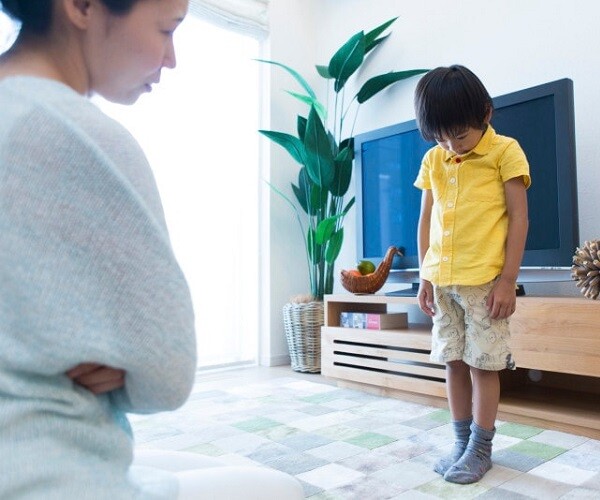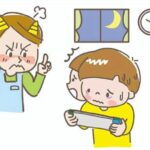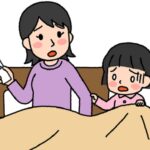Hearing their parents say that they are ashamed of them can make children feel guilty. Children may think that their behavior has caused pain to their loved ones. This can make children anxious and insecure, leading to a negative self-image. Children may start to feel that they are not good enough or worthy of love.
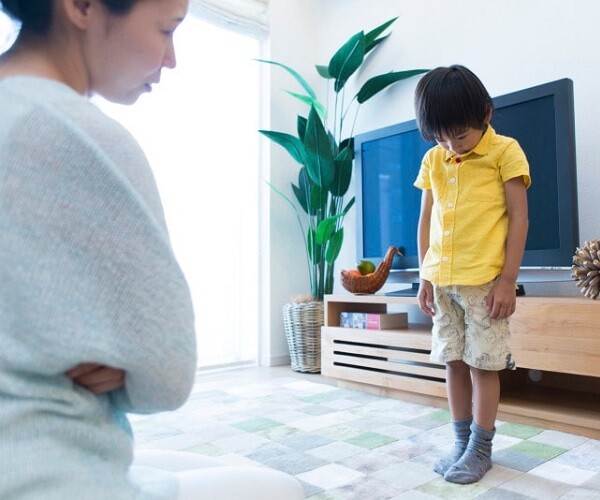
Illustration photo.
When parents publicly express their shame about their children’s behavior, children may feel judged and unaccepted. Their self-confidence decreases, feeling that their self-worth depends on the evaluation of others, especially their parents.
Hearing these words, children may develop a fear of judgment from others. They may become more sensitive to the opinions of adults and peers, leading to withholding emotions and a fear of self-expression.
Therefore, parents should help children become aware of their behavior and express positive emotions, supporting them to develop into confident, responsible, and self-loving individuals. Let children understand that realizing mistakes is part of the learning journey, and what matters is how they react and improve afterward.
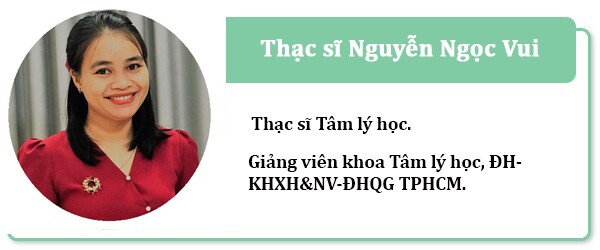 Psychologist Nguyen Ngoc Vui.
Psychologist Nguyen Ngoc Vui.

Why do parents feel ashamed when their children behave inappropriately?
According to human psychology, we have a high social quotient. So, when we realize that our behavior is inappropriate and causes ridicule or disappointment in others, it is natural to feel ashamed.
Sometimes parents have high expectations of their children and want them to exhibit good behavior and achieve success. When children behave inappropriately, parents may feel that they have failed in their parenting role, leading to feelings of shame and a lack of confidence.

Does saying ‘You embarrass me’ mean ‘Go away’ or ‘Don’t exist’?
There are two possibilities: yes and no. The messages ‘Go away’ and ‘Don’t exist’ are very strong and negative, which can easily hurt children psychologically. However, the phrase ‘You embarrass me’ can help children realize their mistakes and encourage them to change depending on the context and how it is said.
For example, if there is an agreement between the mother and the child that says, “If you pick your nose in front of others, I will feel ashamed, so I hope you won’t do that again,” then it will be interpreted as the child realizing their mistake.
On the other hand, if parents always interpret the child’s behavior negatively or the mother has previously told the child, “I don’t want to see you anymore,” then the phrase “You embarrass me” will reinforce the child’s belief.

How does the feeling of embarrassing parents affect the way children evaluate themselves and build self-confidence?
Many parents unintentionally teach children to feel guilty with phrases like “I did something wrong” or “I’m terrible!” These messages can lead to shame and self-doubt in children.
Shame can cause anxiety and depression and harm children’s mental health. When children experience shame, they tend to withdraw from society, avoid interactions, and fear self-expression.
On the other hand, guilt can be interpreted more positively when children realize that their behavior is inappropriate and may hurt others. This feeling encourages children to reflect on their actions and find ways to improve.
Therefore, it is essential for parents to help children recognize guilt instead of shame. Parents can guide children to understand that making mistakes does not define their worth. Encourage children to discuss their guilty feelings and find solutions to correct their inappropriate behavior. This will help children feel safer expressing their emotions and build self-confidence.

When parents are angry because their children made a mistake, instead of saying the above sentence, how should parents communicate with their children to achieve better educational effects?
In fact, the phrase “You embarrass me” can have different meanings depending on the context. Depending on how children receive this message, it can lead to different emotions and reactions. To educate children more effectively, parents should help them reflect on their inappropriate actions.
For example, instead of criticizing, parents can ask, “Why did you pick your nose?” or “How would you feel if you were me?” These questions encourage children to think about their actions and realize, “I did something wrong,” and “I need to change.”
By doing so, parents help children develop self-awareness instead of self-accusation. Self-awareness is crucial in a child’s growth.
In another case, parents can express their confusion and difficulty with their children’s behavior. For example, parents can say, “I feel confused when you do that because I don’t know how to react.” This approach helps children realize that their behavior affects others’ emotions.


























